Trump appointee FCC chairman Brendan Carr is wreaking havoc on Jimmy Kimmel Live, American media companies
Who is Brendan Carr, the Trump appointee whose words have the power to strike fear in American media companies’ hearts?
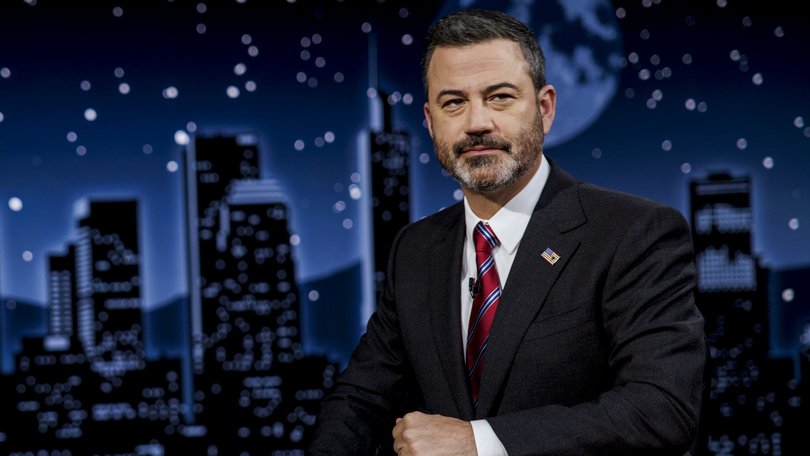
When you hear the line, “You could do this the easy way or the hard way”, the speaker is usually some mob heavy, threatening to dismember some fingers unless their victim pays up.
What you don’t expect, at least not until eight months ago, is the words to come from the head of a US government agency, one charged with oversight of broadcast networks, and is supposed to be non-partisan.
That’s exactly what Brendan Carr said on a right-wing podcast this week, which led to the firestorm that engulfed Disney as it suspended Jimmy Kimmel over comments he made about the aftermath of divisive podcaster Charlie Kirk’s death.
Sign up to The Nightly's newsletters.
Get the first look at the digital newspaper, curated daily stories and breaking headlines delivered to your inbox.
By continuing you agree to our Terms and Privacy Policy.He said if ABC, which is owned by Disney, didn’t take action against Kimmel, there is action he could take against licensed broadcasters.
Who is Brendan Carr, and how did he amass so much power as to strike fear in not just Disney but other media companies in the US?
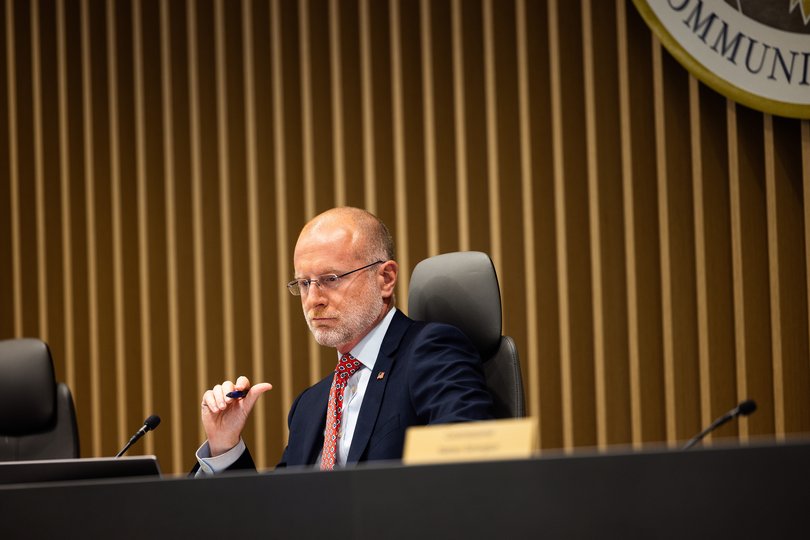
Carr is the chairman of the US’s Federal Communications Commission. He was appointed by Donald Trump after the latter’s election win in November, but Carr had been a commissioner at the FCC for years. He had served as its general counsel before that and was previously a lawyer.
He was also among the authors of the Heritage Foundation’s “Project 2025”, a document with the purported aim of instituting conservative values into the highest echelons of the US government.
In his chapter, Carr argued that the FCC’s priorities in a re-elected Trump government should include reining in Big Tech.
When Trump named Carr, he called him a “warrior for free speech”, but in the time since taking office, both have shown a willingness to use the power of the FCC to target speech that Trump doesn’t like. Trump has long complained about TV networks and interview questions he didn’t like.
As the chair of the FCC, Carr has the power to launch investigations into broadcast networks and their licences under the name of “public interest”. It also has approval power over multi-billion-dollar mergers and acquisitions.
FCC approval of the now-completed merger between Skydance and Paramount was seen as a significant factor in two decisions made by Paramount subsidiary CBS – the first was to settle a lawsuit Trump brought against 60 Minutes, which most commentators considered to be meritless, and the other was to cancel Stephen Colbert’s late-night show.
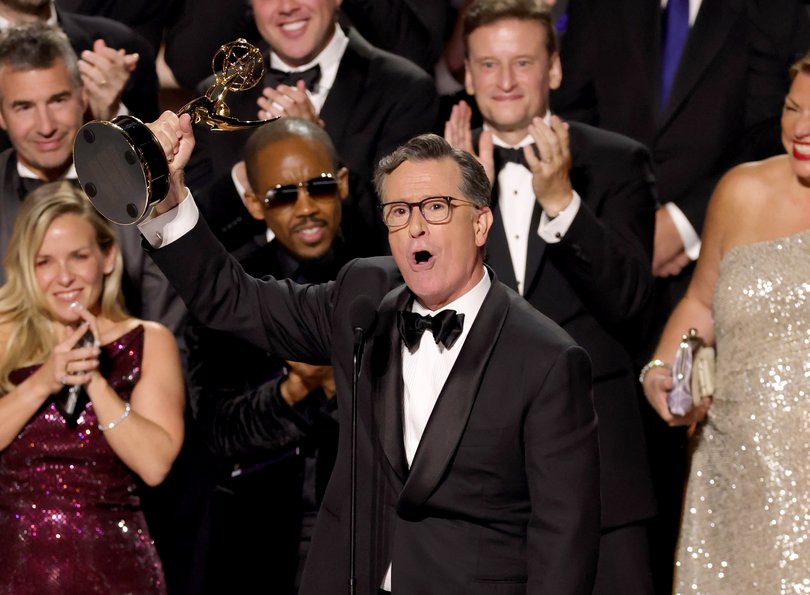
While CBS said the Colbert cancellation was due to financial reasons, one week after the announcement, the FCC approved the Skydance and Paramount deal.
The FCC’s approval powers may also be an element of the Kimmel suspension. ABC affiliate network Nexstar, which broadcasts Kimmel’s show in some regional markets, is seeking regulatory approval for an $US8 billion acquisition of Tegna, which would expand its reach.
Nexstar was the first to move against Kimmel when it said it would drop his show from their stations. It denied the FCC or any government agency had made direct contact or influenced its decision.
The other major affiliate network that dropped Kimmel is Sinclair Broadcasting, which is known for its conservative stance.
Carr didn’t have to pick up the phone and call the Nexstar bosses; he had made himself clear. He has publicly said he wouldn’t approve mergers for companies with diversity, equity and inclusion policies, while Trump last night said TV networks “are not allowed” to “hit Trump”, referring to himself in the third person.
He claimed, without evidence, that coverage of him is 97 per cent negative, and threatened to revoke the licences – “Maybe their licence should be taken away, it’ll be up to Brendan Carr … we’ll see”.
Trump may say that it’s up to Carr, but the president has made no secret that he demands complete loyalty from his appointees.
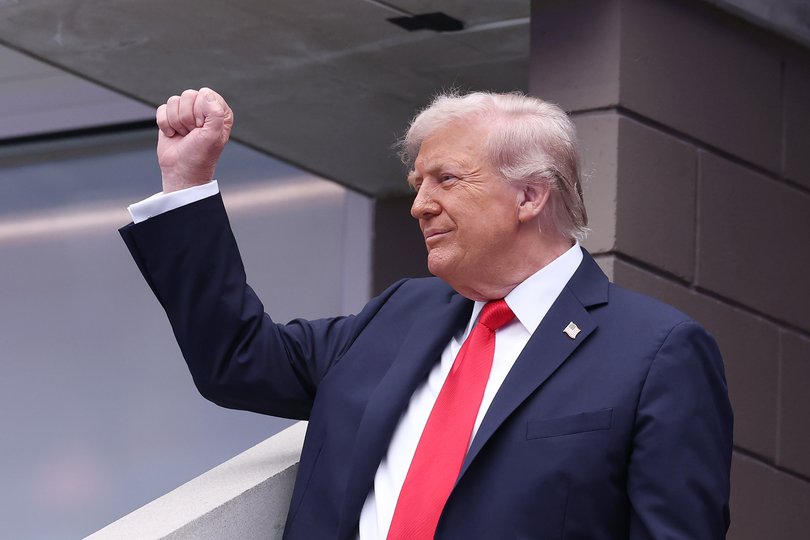
Anna Gomez, the only Democrat on the FCC board, said Carr was “using the weight of government power to suppress lawful expression” and that Disney made a “shameful show of cowardly corporate capitulation”.
She added, “If (the FCC) were to take the unprecedented step of trying to revoke broadcast licences, which are held by local stations rather than national networks, it would run headlong into the First Amendment and fail in court on both the facts and the law.
“But even the threat to revoke a licence is no small matter. It poses an existential risk to a broadcaster, which by definition cannot exist without its licence. That makes billion-dollar companies with pending business before the agency all the more vulnerable to pressure to bend to the government’s ideological demands.”
Emboldened by his “victory” over Kimmel, Carr has already set his sights on his next target. Less than a day after Kimmel’s suspension, Carr appeared on another right-wing podcast and said the FCC should look into The View, which is also owned by Disney.
The View is a daytime panel show whose co-hosts include Whoopi Goldberg, a Trump critic. The View is currently classified as a “bona fide news program” and therefore exempt from rules about equal opportunity airtime.
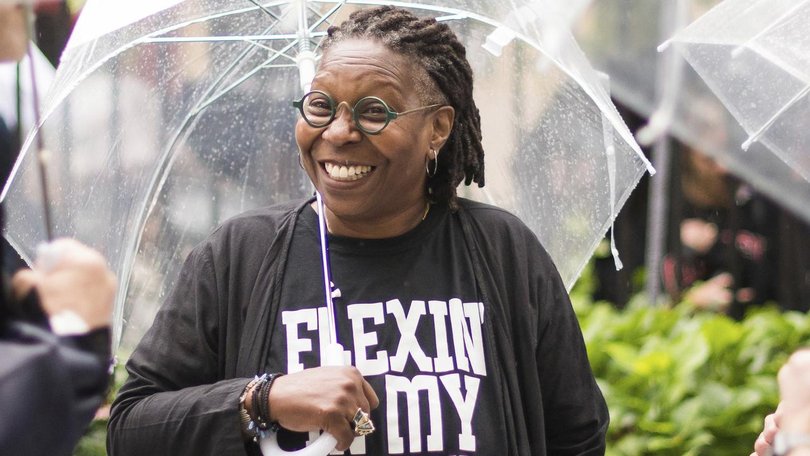
Equal opportunity airtime, also known as the fairness doctrine, dictated that political opponents should be given comparable exposure on a broadcaster. The rule was ditched in the 1980s by Ronald Reagan to accommodate the then-rise of right-wing radio shock jocks such as Rush Limbaugh.
Trump has made it clear he wants other late-night hosts, Seth Meyers and Jimmy Fallon, gone as well. He egged on their network bosses, “Do it NBC!!!”.
In commenting on the Kimmel situation, former president Barack Obama said, “After years of complaining about cancel culture, the current administration has taken it to a new and dangerous level by routinely threatening regulatory action against media companies unless they muzzle or fire reporters and commentators they don’t like.”
David Letterman, a legend of late-night TV was at The Atlantic festival yesterday. He said, “In the world of somebody who is an authoritarian, maybe a dictatorship, sooner or later, everyone is going to be touched.
“I feel bad about this because we see where this is all going, correct? It’s managed media. And it’s no good. It’s silly. It’s ridiculous. And you can’t go around firing somebody because you’re fearful or trying to suck up to an authoritarian criminal administration in the Oval Office. That’s just not how it works.”
Perhaps the most ironic thing in all this is that in the annals of yesteryear – 2023 – Carr had been a proponent of free speech.
He wrote on social media, “Free speech is the counterweight – it is the check on government control. That is why censorship is the authoritarian’s dream”.

